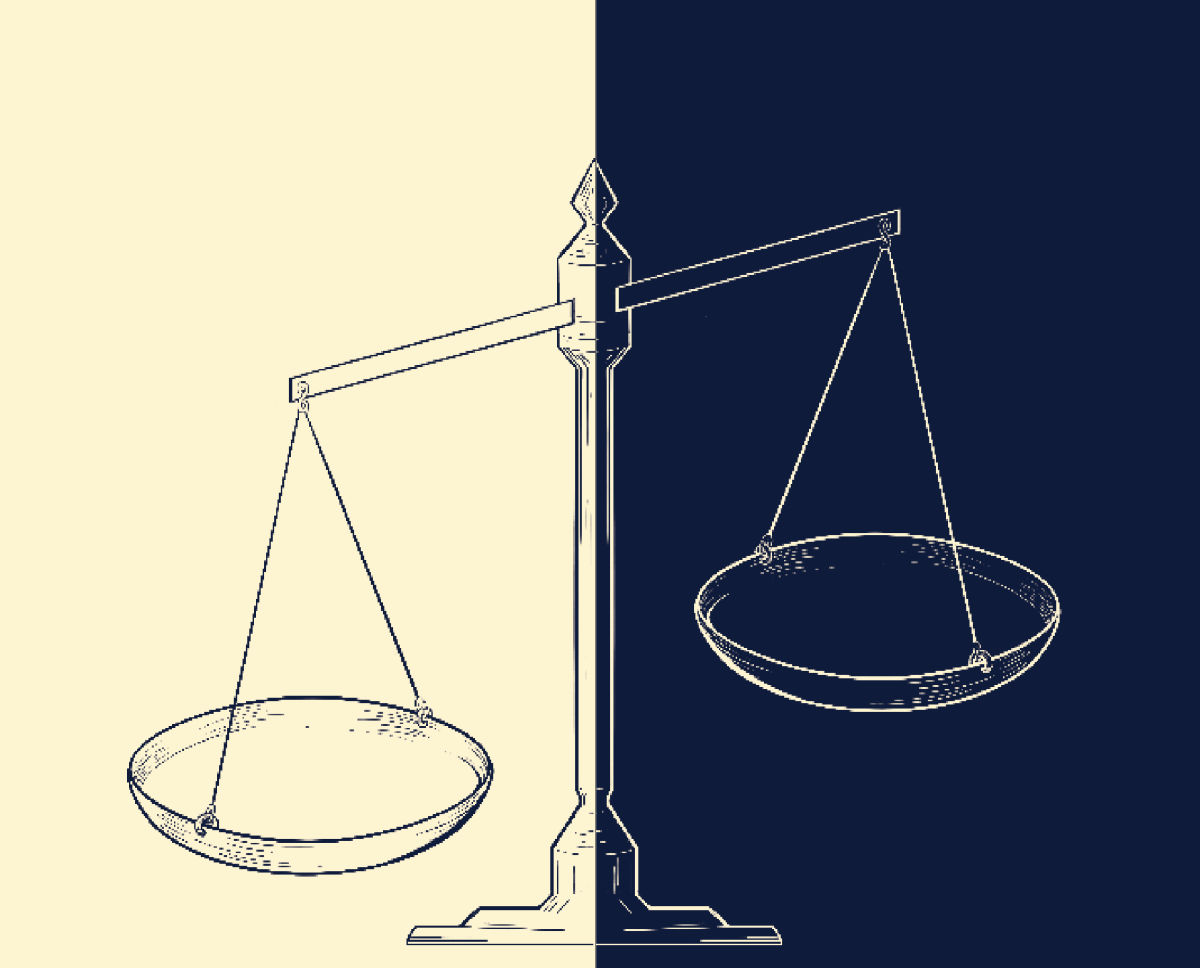It’s fifth period and your teacher hands back the math test your class took last week. You thought you did well but the 64% marked in red pen at the top of the paper says otherwise, leaving an empty void inside your chest. As the teacher tells the class to keep their scores private, you look down at your paper feeling disappointed in your performance. That is, until you turn and steal a glance at an even lower score on the paper sitting on the desk next to you, giving you a small dose of validation.
MVHS students have made it abundantly clear they are fully comfortable asking another student about their grade. It’s become normal to ask someone what they got on an assignment or test because we want to know how they did compared to ourselves.When someone does worse, we tend to feel better because we know someone in the class sets the bar lower.
But we should understand that it isn’t OK to ask for grades. In fact, it’s unethical. Contrary to the belief that asking for another’s grade is something normal, it is more so invasive and information that should be kept private. Often our peers judge us or make assumptions as to what grade we got or how smart they think we are. We develop ideas of classmates from knowing their grades, and how smart they are compared to us, and this is something that needs to change.
An article from Clinical Partners, talks about how we look at people as inspiration to drive ourselves to do better; however, we also compare ourselves with those who are worse than us. The article points out that if you take comparisons to the next level, it can “lead to negative feelings of envy, low self-esteem, low self-confidence and isolation.” This is a quality that can inhibit most of our thoughts and possibly lead to giving up on ourselves quicker.
At MVHS, 81 % of students have asked another about their grade on a test, while 95% have been asked about a grade. However, it’s not your responsibility to know another student’s score on a test — it’s theirs. This mindset is essential since we as students need to recognize that there is a boundary between your grade and another student’s, even if they may be your friend.
At a school like MVHS where we strive to be the best, we must realize that it is unsustainable to constantly base self-validation on another person’s grades compared to yours. An article by The Conversation, points out how grade obsession puts a strain on a student’s mental health saying, “A fixation on grades can lower students’ self-esteem and life satisfaction,” adding that the increases in anxiety and suicidal tendencies that grade obsession can have with peer and teacher relationships.
However, we can fix this. MVHS students lack healthy relationships with their grades and peers, and it shows. A teacher should feel obligated to call a student out for trying to get another peer to share their score, using that situation as an example of why the class should not have to share if they don’t want to. But instead teachers should only share with students in private if that’s information that not all students want to hear in front of the class.
But most importantly, students are the ones that need to learn to change their mindset. We have to hold ourselves accountable and realize that it is unethical to ask for somebody’s grade and expect an answer because we do not have the right to know. You only drive yourself more insane giving so much attention to another person’s score. Instead, hold back and ask yourself if the test that your friend told you they felt bad about comes back scored, do you really need to know what they got? Because feeling validated from someone else’s failure should tell you a lot more about yourself, not them.










